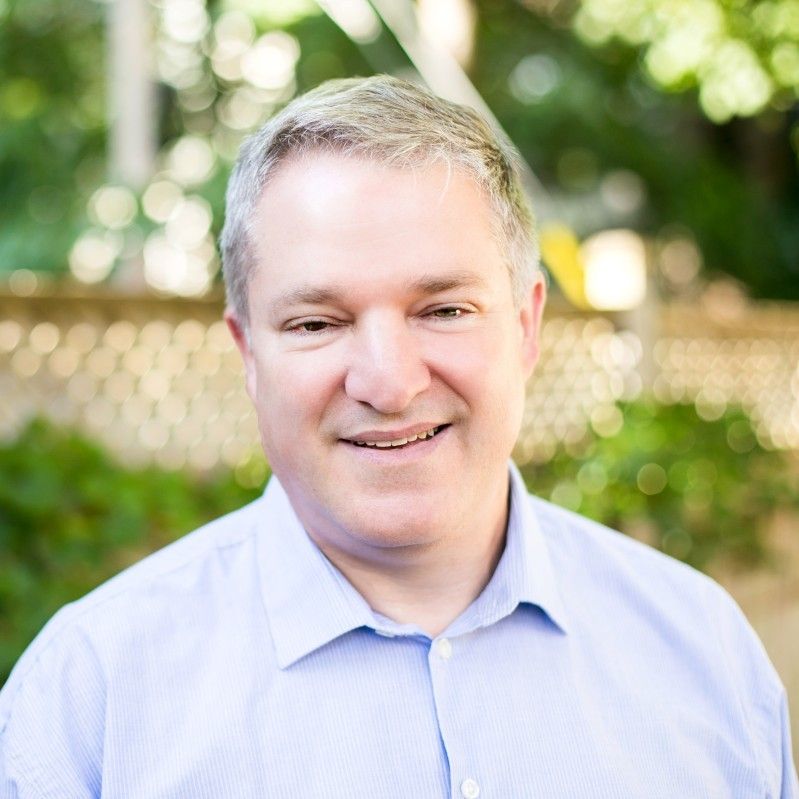
Canadian Charities Working with Non-Charities in Canada Course
How can Canadian charities transfer funds or resources to non-charities or non-qualified donees to carry out charitable activities in Canada
Enroll in Course
Many Canadian registered charities work with groups in Canada that are not registered charities. This could include Canadian non-profits or for-profits. This Canadian Charities Working with Non-Charities in Canada: An Intro Course discusses when it is appropriate for a Canadian registered charity to provide to a non-charity in Canada certain resources (such as cash or equipment) and what systems need to be in place to make that happen. This course will be delivered by charity lawyer, Mark Blumberg.
Canadian charities are special in a number of ways. They have significant tax advantages over other entities – both by not paying income tax and by issuing very valuable official donation receipts. If someone could donate to a registered charity and then just put the money back in their pocket or that of their for-profit company, in effect, no one would pay taxes in Canada, and our country would not have the funds to pay for any social programs and services.
So it is important that we have rules, and we do have rules that CRA enforces.
Canadian charities can only carry out charitable activities in 4 ways
1) on gifts to other registered charities and qualified donees
2) on ‘own activities’ using volunteers and/or employees
3) on own activities using intermediaries (non-qualified donees) (with a structured arrangement/direction and control)
4) by using a grant to grantee qualifying disbursement (which are new rules from 2022)
This course is focused largely on the third way of operating, namely, a Canadian charity hiring an intermediary to undertake certain activities for the Canadian charity. These groups could be individuals, non-profits or for-profits. Under these rules, charities can work with almost any organization. We will touch on the new grant-to-grantee rules, but we will identify that there are many drawbacks of the new rules in addition to a lack of clarity on many points. So, for almost all Canadian charities wanting to work with non-qualified donees in Canada, at the moment, the older direction and control rules make more sense for both the charity and the non-charitable partner.
The direction and control rules are one way that the Federal government, the CRA and the courts ensure that funds in registered charities are spent appropriately.
If a registered charity does not follow the rules, the charity can be audited by CRA, and this can result in suspensions, penalties, and revocation of charitable status, not to mention reputational problems for those involved in the charity.
Some of the issues discussed include:
- Ideas for doing good in Canada that are outside of the charity system
- Some basic legal considerations for charities
- Why would a Canadian charity want to work with a non-charity?
- An overview of the Income Tax Act (Canada) regulatory framework governing thousands of Canadian charities working with non-charities.
- The distinction between qualified donees and non-qualified donees
- A discussion of CRA’s Guidance on “Using an Intermediary to Carry out a Charity’s Activities within Canada”
- Direction and control over resources
- Avoiding being a “conduit”
- The necessary “measures of control” that a Canadian charity must have when working with non-charities.
- A discussion of CRA’s Guidance “Registered charities making grants to non-qualified donees” and the various concerns with the 2022 rules
- Types of permissible relationships for Canadian charities working with non-charities
This course Canadian Charities Working with Non-Charities in Canada Course will be of interest to staff at non-profits and charities responsible for compliance issues especially program and finance staff and professional fundraisers, professional advisors such as lawyers and accountants who advise charities on fundraising and program implementation involving non-charities, board members of Canadian charities that want to understand an important way for their charity to strategically enhance services they provide and philanthropists who want to understand the regulatory requirements of Canadian charities that work with non-charities.
Your Instructor

Mark Blumberg is a lawyer at the law firm Blumbergs Professional Corporation (Blumbergs) in Toronto and works almost exclusively advising non-profits and registered charities on their work in Canada and abroad. Mark has written numerous articles, is a frequent speaker on legal issues involving charity and not-for-profit law. He is the editor of a blog, www.CanadianCharityLaw.ca, and created the largest portal of data on the Canadian charity sector, www.CharityData.ca Mark also edits www.SmartGiving.ca, which provides information on due diligence when selecting charities.
Mark is particularly interested in the regulation of non-profits and charities in Canada, philanthropy, transparency requirements for the voluntary sector, providing accessible information on regulatory issues, and the use of data to make more informed decisions on the charity sector.
Mark is quoted regularly in print media and frequently appears on radio and television on topics relating to philanthropy and the regulation of charities in Canada. Mark has also appeared on a number of occasions in front of the House of Commons Standing Committee on Finance on topics such as charity regulation, transparency, accountability and tax incentives for philanthropy. Mark has testified at the Special Senate Committee on the Charitable Sector, the Standing Senate Committee on National Finance and the House Committee on Access to Information, Privacy and Ethics.
Mark has also made presentations to the Charities Directorate Annual All Staff Meeting as well the Annual Divisional Staff Meeting of the Determinations Section of Charities Directorate. Mark presented to the Financial Action Task Force (FATF) when the FATF conducted an evaluation of anti-money laundering and counter-terrorism in Canada in 2015.
Mark sat for 4 years on the Charities Directorate Technical Issues Working Group, which is a bi-annual meeting between the Charities Directorate, the Department of Finance and the charity sector to discuss technical and policy issues pertaining to registered charities and the Income Tax Act (Canada). Mark is a member of the Exempt Organizations Committee of the American Bar Association. Mark spent 6 years on the Advisory Committee for the Master of Philanthropy and Nonprofit Leadership (MPNL) at Carleton University. Mark is on the Board of the Canadian Charity Law Association.
Mark has co-authored 20 Questions Directors of Not-for-Profit Organizations Should Ask About Mergers (Published by CPA Canada) and co-wrote a chapter on International Trends in Government-Nonprofit Relations: Constancy, Change, and Contradictions in Non-profits and Government: Collaboration and Conflict in Non-profits and government: collaboration and conflict (Edited by Elizabeth T Boris and C Eugene Steuerle)
Mark frequently lectures to various industry and professional groups on charity compliance issues including the Chartered Professional Accountants Canada (CPA Canada), as well as CPA Ontario, BC and Alberta, the Canadian Bar Association, Ontario Bar Association, Canadian Association of Gift Planners, Association of Fundraising Professionals, Ontario Hospital Association, Ontario Non-profit Network, and many other organizations.
Mark has a B.A. in Political Science from the University of Toronto, an LLB from the University of British Columbia and an LLM from Osgoode Hall Law School in Tax Law.
Course Curriculum
-
StartLECTURE - Canadian Charities Working with Non-Charities in Canada Course (aka QDs working with non-QD intermediaries) (118:00)
-
StartDOWNLOADABLE POWERPOINT IN PDF
-
StartCHECKLIST - Canadian Charity Legal Checklist for Working with Intermediaries in Canada
-
StartCRA GUIDANCE - CRA Guidance Using an intermediary to carry out a charity's activities within Canada
-
StartCRA GUIDANCE - Registered charities making grants to non-qualified donees
-
StartARTICLE - Canadian Charities working with Non-Charities in Canada - A very simplified view
-
StartGENERAL CHARITY CHECKLIST - Canadian Charity Legal Checklist by Mark Blumberg
-
StartQUIZ
